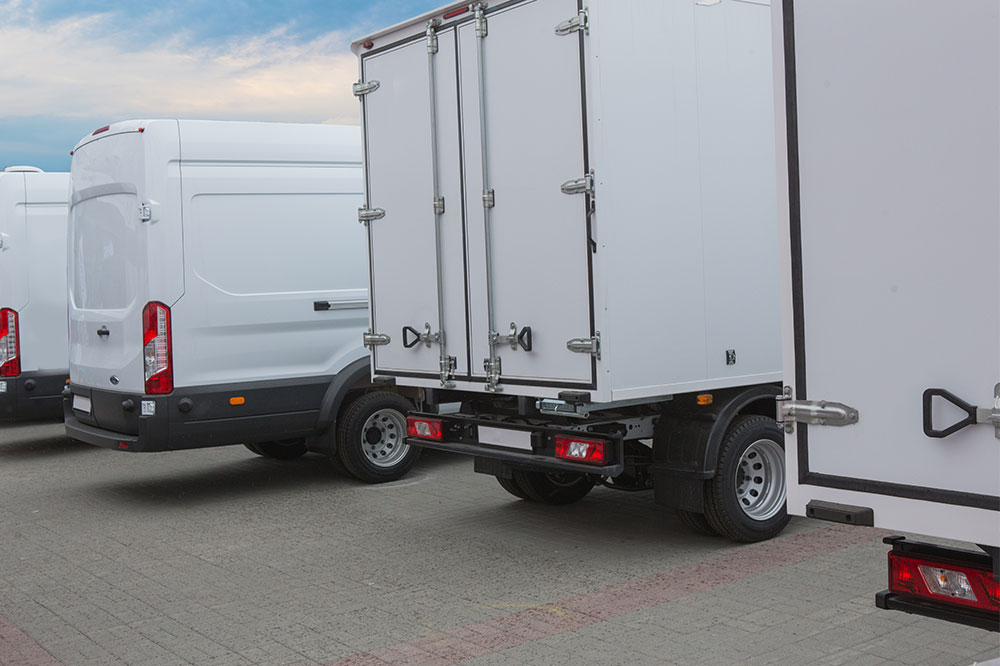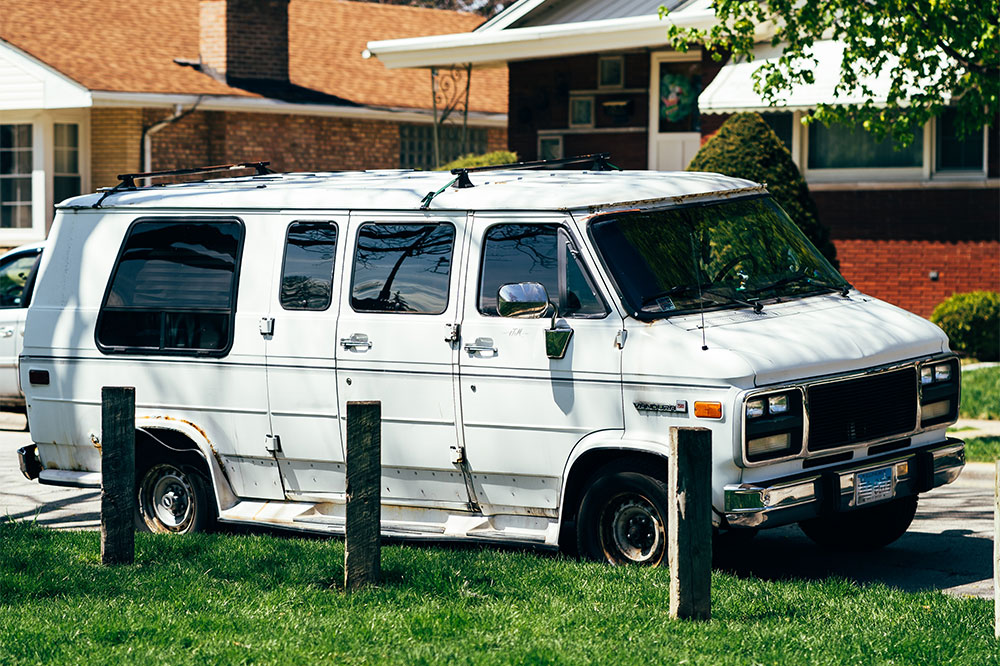Comprehensive guide on commercial vehicle insurance
If you own a company that requires commercial vehicles to conduct business, signing up for commercial vehicle insurance is vital. The insurance covers physical damage and liability for accidents, amounts, and usage that do not fall under personal auto insurance policies. Also, make sure to read the terms and conditions and carefully research before you opt for commercial vehicle insurance. For example, compare various semi-truck insurance quotes before choosing one.

Vehicles covered under commercial insurance
Various types of vehicles such as semi-trucks, box trucks, work vans, service utility trucks, and food trucks are covered by commercial auto insurance. These vehicles require an insurance policy that covers the employees operating the vehicle and the equipment inside.
What’s included in a vehicle insurance cover?
While it isn’t similar to personal auto policies, commercial vehicle insurance such as truck insurance does provide similar coverage. A truck or semi-truck insurance includes comprehensive coverage for collision, liability, medical payments, and uninsured motorist coverage. The difference between commercial and personal insurance include definitions, eligibility, coverages, limits, and exclusions. Here’s what’s available under a commercial vehicle policy.
- Property damage liability coverage: Protection is provided if the vehicle damage another person’s property accidentally. Some insurance providers also offer legal defense in some cases.
- Medical payments, no-fault, or personal injury coverage: The cover normally pays for the medical expenses of the driver and passengers in the vehicle irrespective of fault.
- Bodily injury liability coverage: In the case of an accident where the driver of your vehicle is at fault, commercial vehicle insurance covers bodily injuries, death. Most commercial vehicle insurance providers also cover legal defense fees.
- Combined single limit (CSL): Unlike a liability policy that offers separate limits that apply to bodily injury claims for property damage, a combined single limits policy (CSL) offers the same dollar amount of coverage per covered occurrence. This coverage is offered irrespective of the bodily injury, property damage, or the number of people involved in an accident.
- Comprehensive physical damage coverage: Comprehensive physical cover pays for a wide variety of vehicle damages, including vandalism, flood, fire, theft, among several other mishaps.
- Collision coverage: Such coverage pays for damage to your vehicle if it hits or gets hit by another object or vehicle.
- Uninsured motorist coverage: Apart from paying for your injuries, uninsured motorist coverage sometimes even pays for certain property damage stemmed from uninsured or a hit-and-run driver.




